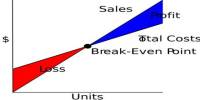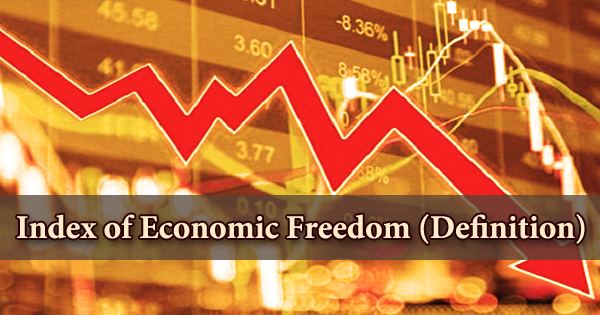Humanistic economics is a school of thought within economics that emphasizes the importance of human values, ethics, and social justice in economic theory and practice. It seeks to place people and their well-being at the center of economic analysis, rather than viewing them as mere units of production or consumption.
The humanistic economics approach emphasizes the role of community, culture, and history in shaping economic behavior and outcomes. It also seeks to incorporate a more holistic view of human needs, including social and environmental needs, into economic analysis.
In contrast to neoclassical economics, which emphasizes rational self-interest and the pursuit of profit, humanistic economics acknowledges that people are complex beings with a variety of motivations and desires. It emphasizes the importance of social relationships, community, and cultural values in shaping economic behavior.
Some of the key principles of humanistic economics include:
- Placing human well-being at the center of economic analysis.
- Recognizing the importance of social justice and fairness in economic outcomes.
- Incorporating the social and environmental costs of economic activities into economic analysis.
- Emphasizing the importance of community and social relationships in economic behavior.
- Recognizing the role of culture and history in shaping economic behavior and outcomes.
Humanistic economics has been influenced by a range of thinkers and movements, including humanism, feminism, environmentalism, and social justice movements. It has also been shaped by critiques of mainstream neoclassical economics, which is often criticized for its narrow focus on market efficiency and individual self-interest.
Humanistic economics is a distinct pattern of economic thought with ancient historical roots that have been revitalized more recently by E. F. Schumacher’s Small Is Beautiful: Economics as if People Mattered (1973). Proponents argue for “persons-first” economic theories as opposed to mainstream economic theories, which are widely perceived as prioritizing financial gain over human well-being.
The overly abstract human image implicit in mainstream economics is particularly criticized, and instead, a rethinking of economic principles, policies, and institutions based on a richer and more balanced view of human nature is attempted.
Humanistic economics also emphasizes the importance of subjective well-being and quality of life, rather than solely measuring economic growth and material wealth. This means that economic policies should prioritize human happiness, health, and security. Overall, humanistic economics seeks to create an economic system that is more equitable, sustainable, and humane.
















